Inspectors sustained 14 of 39 challenges to absentee and mail-in ballots—meaning those 14 votes were not counted—after polls closed in the Pelham school district election on May 21, according to data provided by the district.
Reviewing the challenges pushed release of the results to 2:38 a.m. from the usual time of around 10 p.m., which is the average for the previous three elections.
In the balloting, Kathryn Cohen and Darra Gordon won school board seats, defeating incumbents Dr. Michael Owen-Michaane and Ian Rowe. Cohen won by a 243-vote margin and Gordon by 235. The district’s $93.6 million budget and a ballot proposition on replacing a turf field were also approved.
At least some of the challenges were filed, according to a source familiar with this year’s process, because of concerns about an increasing number of absentee and mail-in ballots that were being used in local elections on behalf of people who have moved out of Pelham and can no longer vote in the elections.
That 36% of the challenges succeeded and the rejected ballots represented 11% of the total 133 absentee and mail-in documents submitted to the district indicates there was at least some reason for concern.
Voting outside of the polling place is increasing as state legislation has broadened the use of absentee and mail-in ballots since the pandemic. The process for challenging those ballots is written into New York State Law.
All four candidates said they were not involved in the ballot challenges, though their reaction to the fact they occurred depended on whether they won or lost the election.
‘Serious Concerns About Voter Qualifications’
“I do not know how many were made or how many were successful,” said Gordon. “What I do know is that voters of Pelham had serious concerns about voter qualifications, and these voters did their civic duty by reporting these concerns. It is time this conversation shifts back to what is really important: Our schools and our children.”
Cohen said, “I am proud to live in a community that values civic engagement the way that Pelham residents do. On (election) night, I saw this spirit in action when residents raised their concerns about election fairness, demonstrating that preserving democracy is always worth a second look.”
Despite the successful challenges, Rowe said the objections politicized the nonpartisan school election. He said he became aware of the challenges election night when he learned three Democratic representatives “filed affidavits of fraud against our neighbors.” He would not identify the Democrats to whom he was referring.
“This kind of maniacal, ideological pursuit of one-party control of school boards—whether it is Moms for Liberty or Progressive Women of Pelham—will tear our beautiful town apart as it is doing across the country, and most importantly will harm the quality of our school system,” said Rowe of the objections. He has been on the board for one term and is its vice present this year.
Under New York State law, the definition of illegal voting includes a person who “knowingly votes or offers or attempts to vote at any election, when not qualified.” Any ballot rejected by the Pelham inspectors because the voter wasn’t qualified—for example, if they did not live in Pelham—violated the law. They would also not be anyone’s neighbor in Pelham.
In an email, Owen-Michaane said, “It is so important that we keep our school district focused 100% on education and not partisan politics.” He is president of the board and also serving in his first term.
The newly elected trustees take office July 1, and the board will elect new officers at its organizational meeting that month.
Emotion Around the Issue
Twenty-two challenges were rejected—allowing the votes to count—and three were ruled moot because ballots weren’t returned, said the district. Those numbers demonstrate the importance of the election inspectors in the process, while pointing to the high emotions on election night and since.
Joanne Case, a Pelham Manor resident whose son Bradley plays minor league baseball for the Pittsburgh Pirates, was at the middle school to learn the election results and support Owen-Michaane, a friend, when she heard Bradley’s name called during the review of the challenges. She came forward to confirm his residence. Kate Pringle, a Pelham Manor resident who filed challenges, “continued to press me” on the residence issue, Case said. “I explained to (the inspectors) that Brad is a minor-league baseball player, and right now he is probably on a bus somewhere in the middle of Iowa, but his residence is 2 Lake Drive.”
In the end, the inspectors decided Bradley Case’s situation was similar to that of a college student and rejected the challenge, Case said. She said she was vindicated by the result but felt “bullied” during the process by those making the challenges. She credited the poll workers with doing a “wonderful job.”
“This all felt very partisan, and we felt targeted as registered Republicans even though the school board election is supposed to be nonpartisan,” Case said.
The increase in challenges is new since the Pelham Examiner began covering elections in 2019, and historical numbers for previous votes will require a Freedom of Information Law request to the district.
A key issue is what future elections will look like in Pelham. Passions are running high right now. Those who backed Owen-Michaane and Rowe see legal ballot challenges as attacks, while supporters of Gordon and Cohen say eliminating ineligible votes protects those who have the right to cast their ballot in the school election—every individual’s franchise.
Pringle, who had four of seven challenges she filed sustained by the inspectors, said, “My hope and expectation is that all voters will educate themselves about and respect the legal requirements for voting, making vote challenges unnecessary. This was an unusual election given the very large number of ballots carried by a single individual, and the number of absentee and mail ballot applications submitted by or on behalf of nonresidents. I would be surprised if that occurs again in the future.”
Pringle wouldn’t name the individual who had the large number of ballots. In March, Pringle lost in a bid for a seat on the Village of Pelham Manor board running as a Democrat.
“Preserving Democracy is always worth a second look, no matter what is revealed,” said Gordon, who will be sworn in next month for a three-year term on the school board. “That is why I am so proud to have been elected by a strong majority of Pelham residents—Pelham takes fairness, integrity and our small-town values everywhere we go: work, school, community, and yes, the ballot box. I am hopeful that our community meets our next election day with a clear conscience and all voting regulations are followed.”
Said Rowe, “I certainly hope that is not the future of Pelham school board elections.”
The key word, no matter the politics, seems to be hope.
- The Pelham Examiner delivers the facts when news breaks in town. Donate to support our nonprofit community newspaper.



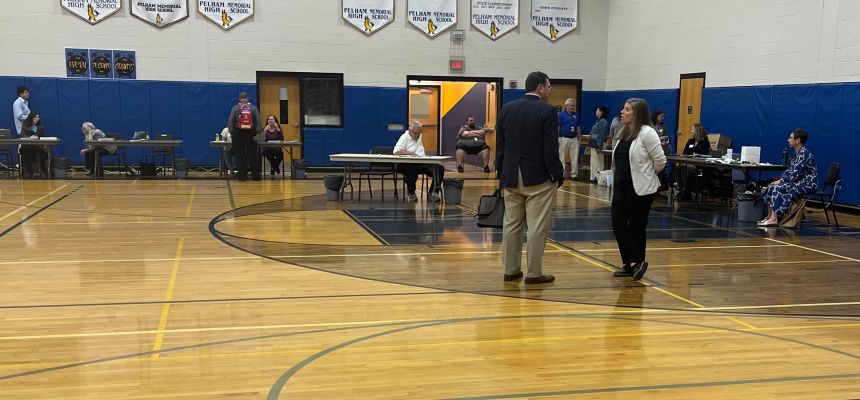
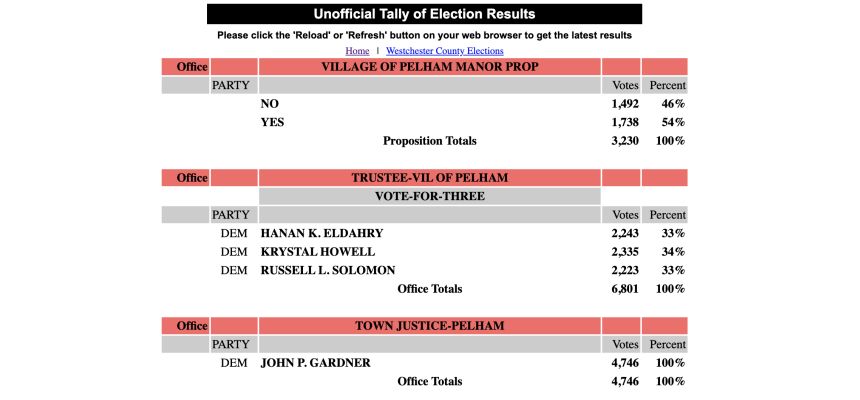
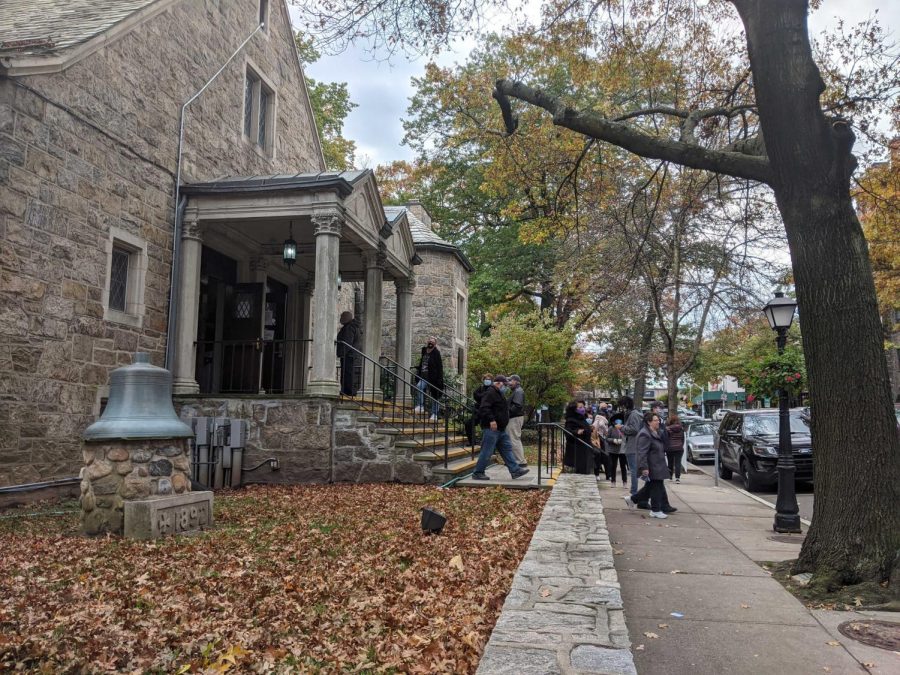
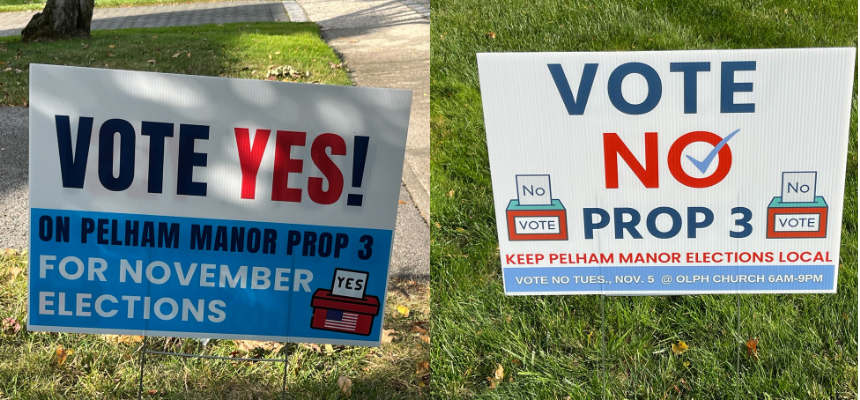
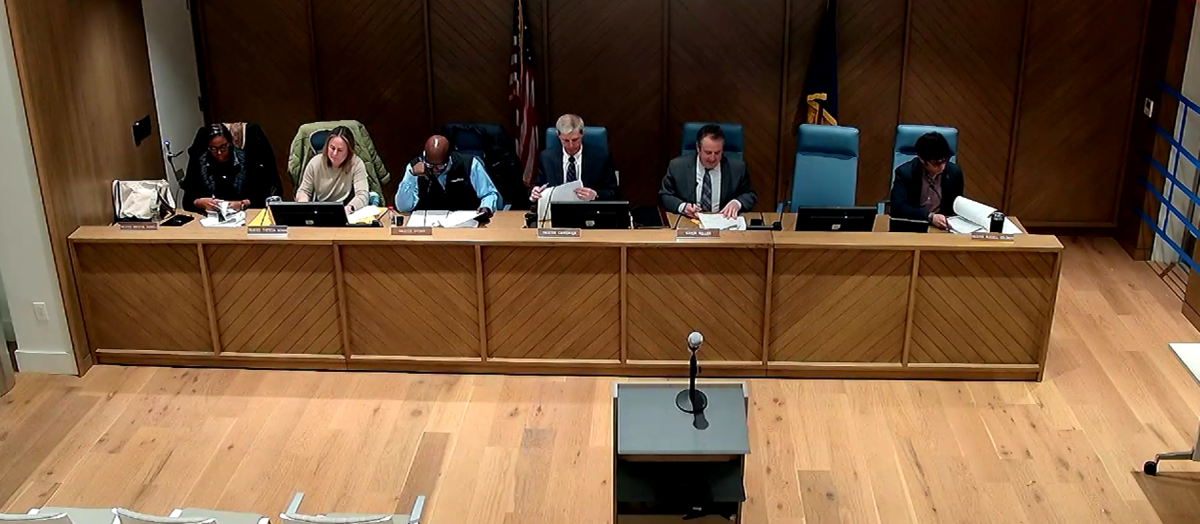

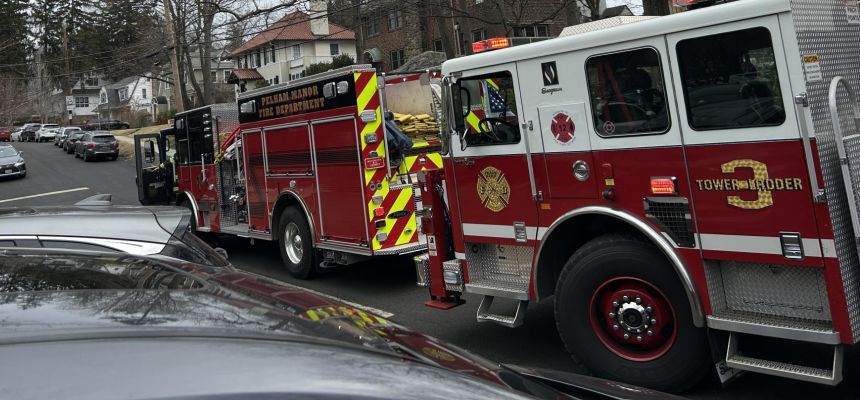

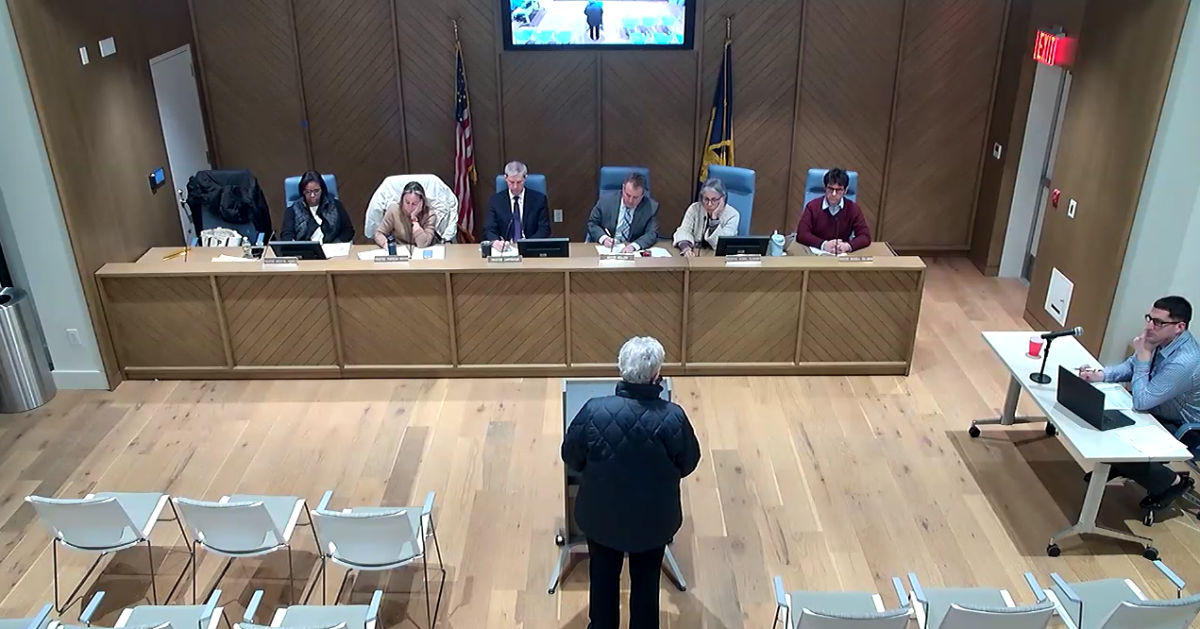
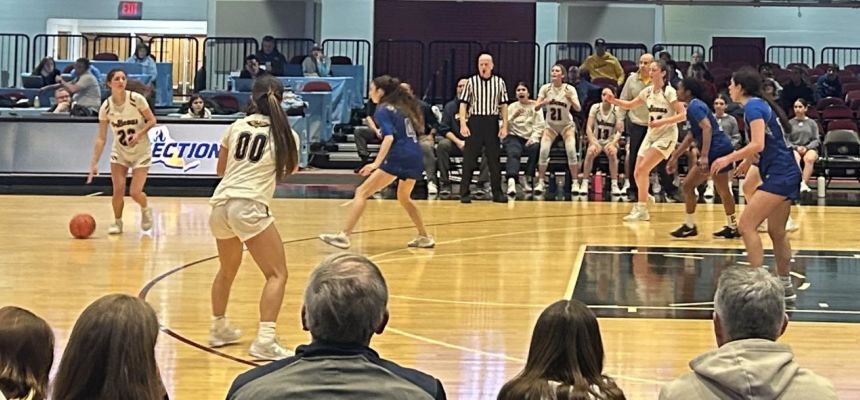

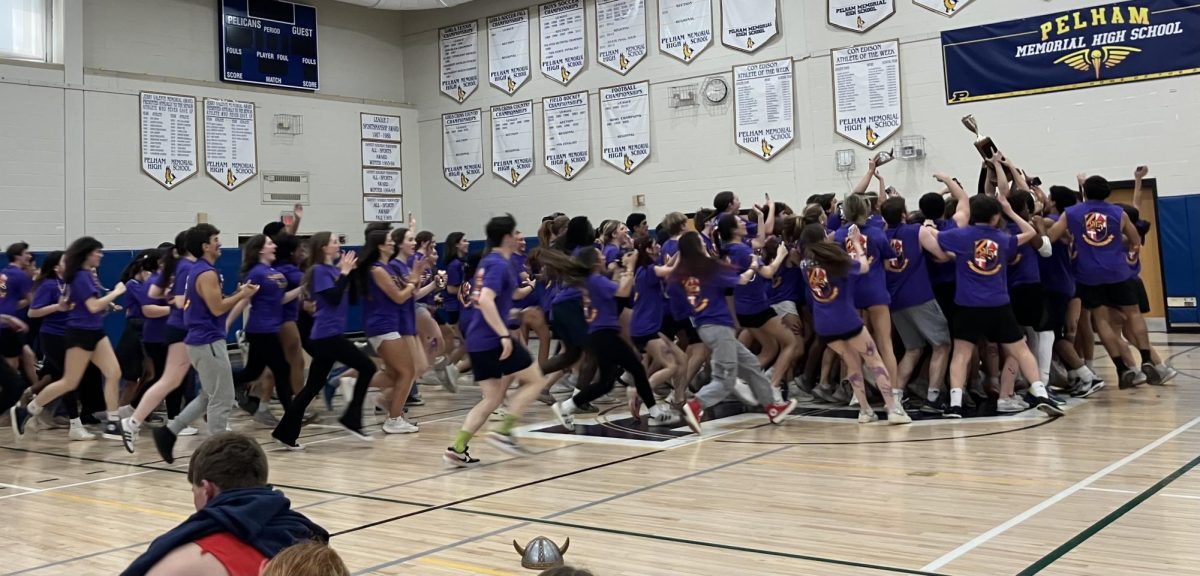
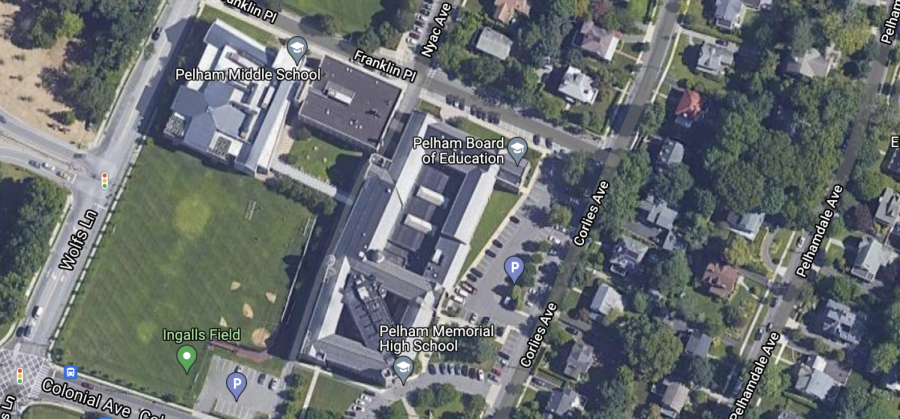

Joseph Battaglia • Jun 12, 2024 at 7:21 pm
I’m just curious: why would the results need to be pushed back so late into the night when the number of votes from the voter machine tapes was already known? The vote margins from those tapes were far in excess of the number of challenged absentee ballots. So those absentee ballots could not affect the outcome. What was all the hullabaloo about?
Steven Shekane • Jun 6, 2024 at 10:09 am
New York State’s Board of Elections recently passed a Notice and Cure process for absentee ballots. I wonder if any of the voters whose ballots were rejected were notified their ballots weren’t accepted and if they were given the chance to cure. I’m fairly certain that many of the 14 ballots that were rejected would be reinstated by a court. The information on whose ballots were rejected and the reason has been requested through a FOIA submission.
Scott Wolfgang • Jun 10, 2024 at 8:06 am
Dear Examiner – my understanding from those there that night was that around half the ballots that were not counted were unrelated to the challenges and more ministerial in nature like an envelope not sealed correctly or missing information. Were you able to confirm the reasons for the 15 ballots being not counted and if all 15 were related to the specific challenge? It also appears that ballots more likely to be cast for specific candidates were challenged so can you confirm that detail as well? Additional follow up and information on the specific details of the challenges (ie whose ballots were challenged and why) and why the ballots were ultimately not counted would be greatly appreciated and helpful. Also, to another commenter here, it would be good to know if the Board of Ed is following NYS election law and notifying those whose ballots were not counted. Great story but please keep digging deeper! Thank you.
Katherine L Pringle • Jun 5, 2024 at 4:26 pm
Qualifications for voting are set by New York law. New York Election Law § 5-102 provides as follows:
1. No person shall be qualified to register for and vote at any election unless he is a citizen of the United States and is or will be, on the day of such election, eighteen years of age or over, and a resident of this state and of the county, city or village for a minimum of thirty days next preceding such election.
2. The provisions herein with respect to a durational residency requirement for purposes of qualifying to vote shall not prohibit United States citizens otherwise qualified, from voting for president and vice president of the United States.
See also NY Education Law § 2603 (“A person shall be entitled to vote at a school election in a city school district who is: (1) A citizen of the United States. (2) Eighteen years of age. (3)(a) A resident of the state and of the city school district for thirty days next preceding the election.”).
“Residence” is “deemed to mean that place where a person maintains a fixed, permanent and principal home and to which he, wherever temporarily located, always intends to return.” NY Election Law § 1-104(22). As stated by New York’s highest Court:
“[T]o be a resident of a place, a person must be physically present with the intent to remain for a time. . . . The crucial factor in determining if an individual is qualified to register and vote from a particular residence is whether he or she has manifested an intent to adopt that residence as a permanent and principal home coupled by his or her physical presence there ‘without any aura of sham.’”
People v. O’Hara, 96 N.Y. 378, 384-85 (2001); see also NY 2023 Election Law Update (available from BOE).
NY Election Law § 5–104 specifies that a voter’s residency does not change if the voter is “employed in the service of the United States, nor while engaged in the navigation of the waters of this state, or of the United States, or of the high seas; nor while a student of any institution of learning; nor while kept at any welfare institution, asylum or other institution wholly or partly supported at public expense or by charity; nor while confined in any public prison.” Otherwise, a voter who is no longer a “resident” of a village, town or school district, as defined above, may no longer participate in local elections there.
The New York Board of Elections is available to answer questions about voting qualifications.